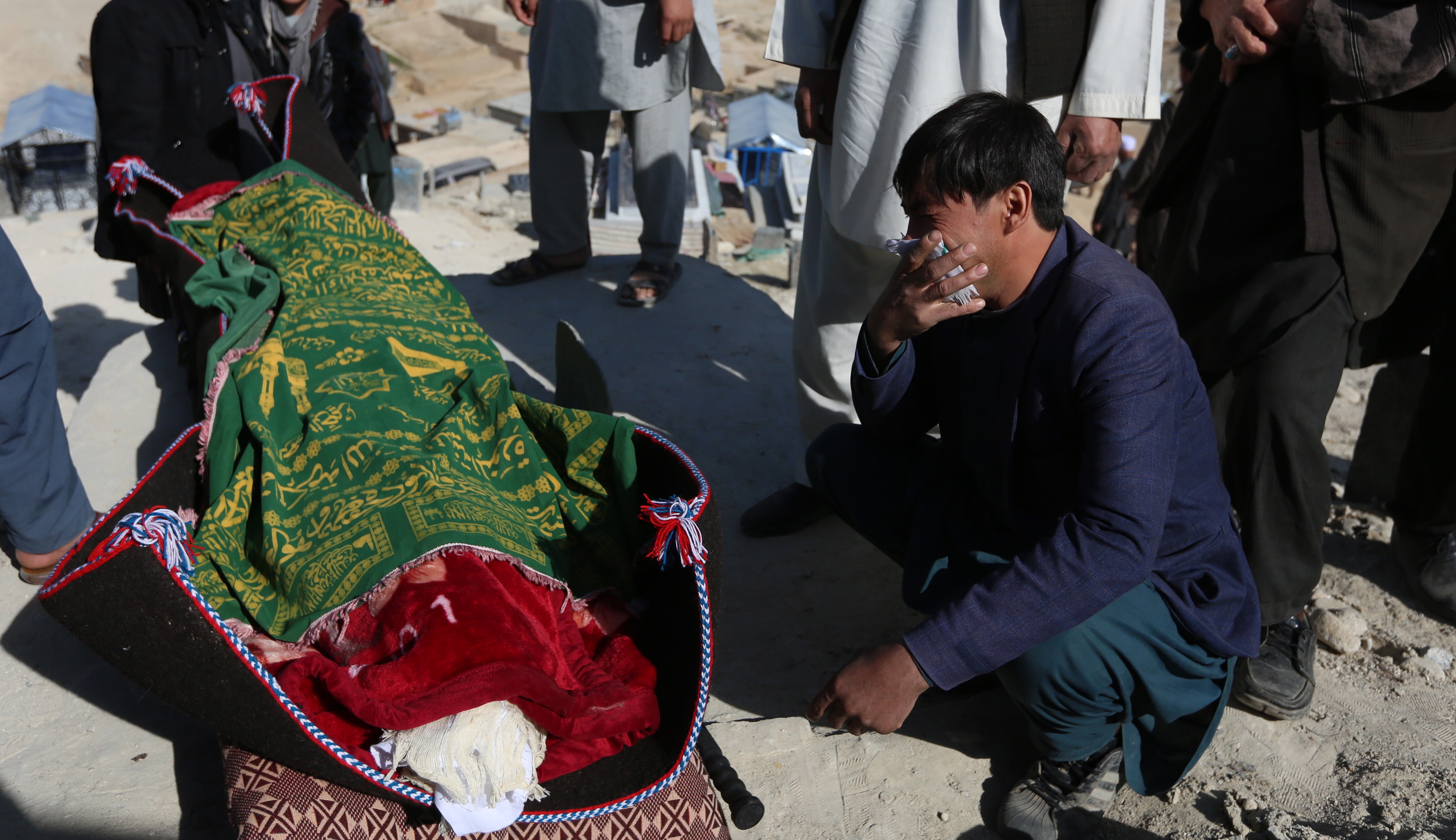Australian special forces ‘unlawfully killed’ 39 Afghan civilians, inquiry finds
Shocking report reveals alleged incidents where new soldiers were told to get their first kill by shooting prisoners, in a practice known as 'blooding’

Your support helps us to tell the story
From reproductive rights to climate change to Big Tech, The Independent is on the ground when the story is developing. Whether it's investigating the financials of Elon Musk's pro-Trump PAC or producing our latest documentary, 'The A Word', which shines a light on the American women fighting for reproductive rights, we know how important it is to parse out the facts from the messaging.
At such a critical moment in US history, we need reporters on the ground. Your donation allows us to keep sending journalists to speak to both sides of the story.
The Independent is trusted by Americans across the entire political spectrum. And unlike many other quality news outlets, we choose not to lock Americans out of our reporting and analysis with paywalls. We believe quality journalism should be available to everyone, paid for by those who can afford it.
Your support makes all the difference.Australian special forces soldiers allegedly murdered up to 39 unarmed men and children in Afghanistan, in some cases executing prisoners to initiate junior soldiers, an exhaustive inquiry into war crimes has found.
Nineteen current or former soldiers face investigation, criminal charges and being stripped of medals.
According to Australian Defence Force chief General Angus Campbell, who announced the findings of the investigation, the soldiers would then plant weapons and radios to support false claims the prisoners were enemies killed in action.
The years-long investigation into the killings included alleged incidents in which new military personnel would shoot a prisoner dead in order to make their first kill in a practice known as “blooding”.
He said the inquiry had disclosed a “disgraceful and a profound betrayal of the Australian Defence Force’s professional standards and expectations”.
The illegal killings began in 2009, General Campbell said, with the majority occurring in 2012 and 2013.
He said some people in the force had encouraged “a self-centred, warrior culture”.
The announcement came following a four-year investigation by Paul Brereton, a judge who was asked to look into the allegations and interviewed more than 400 witnesses and reviewed thousands of pages of documents.
Justice Brereton said: “When what the inquiry has found is taken collectively, the answer to the question, ‘Is there substance to rumours of war crimes by elements of the Special Operations Task group?’ must sadly be, ‘Yes, there is’,” the Sydney Morning Herald reports.
The report found none of the incidents could be classified as disputable decisions made under pressure in the “heat of battle”.
It recommends that General Campbell refer 36 matters to the Australian Federal Police for criminal investigation. These relate to 23 incidents and involve 19 current or former ADF personnel.
“To the people of Afghanistan, on behalf of the Australian Defence Force, I sincerely and unreservedly apologise for any wrongdoing by Australian soldiers,” General Campbell said.
He said he'd spoken directly to his Afghan military counterpart to express his remorse.
“Such alleged behaviour profoundly disrespected the trust placed in us by the Afghan people who had asked us to their country to help them," General Campbell said.
“It would have devastated the lives of Afghan families and communities, causing immeasurable pain and suffering. And it would have put in jeopardy our mission and the safety of our Afghan and coalition partners.”
In March this year senior judges at the International Criminal Court gave the go ahead for an investigation into alleged war crimes in Afghanistan, overturning a previous decision not to launch an inquiry.
While it will focus on the actions of US troops, Afghan soldiers and Taliban fighters, it also has the scope to bring other countries’ forces under scrutiny.
Additional reporting by AP.




Join our commenting forum
Join thought-provoking conversations, follow other Independent readers and see their replies
Comments